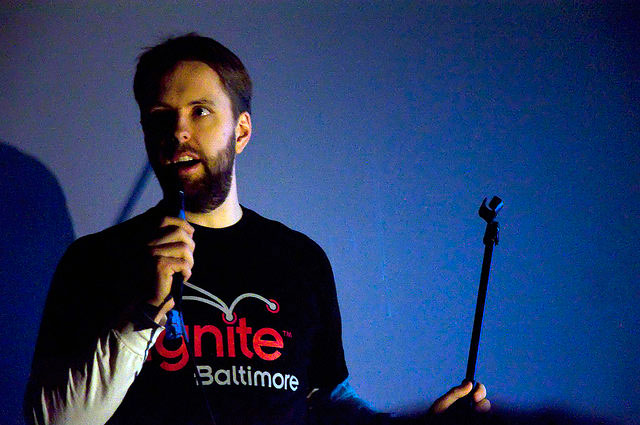If you read about tech startups, write about tech startups, or yell about tech startups, you’re more than likely familiar with people who work at tech startups calling themselves and their employees “rockstars” and “ninjas,” because through technology anything is possible and words cease to hold their original meanings.
It needs to stop. There is no programmer who is a “rock star.” There is no laundry-washing service that employs “ninjas.”
Just listen to Mike Subelsky, a developer-entrepreneur who cofounded OtherInbox prior to its acquisition and subsequently cofounded the Hampden-based advertising technology startup Staq.
He presented three good reasons for ditching “rockstar” and “ninja” during gb.tc‘s end-of-year podcast:
1. “Besides just being trite, I think they represent a whole category of words and an attitude that maybe unconsciously selects towards white, middle-class dudes.” Yes. Tech has a diversity problem.
2. “I think it just reinforces bro culture in programming.” Bro.
3. “We need to bring in all kinds of people into this profession, including people who are mid-career in something else.” People who are oftentimes not rock stars or ninjas.
Join our growing Slack community
Join 5,000 tech professionals and entrepreneurs in our community Slack today!
Donate to the Journalism Fund
Your support powers our independent journalism. Unlike most business-media outlets, we don’t have a paywall. Instead, we count on your personal and organizational contributions.

Maryland firms score $5M to manufacture everything from soup to nanofiber

National AI safety group and CHIPS for America at risk with latest Trump administration firings

How women can succeed in male-dominated trades like robotics, according to one worker who’s done it

